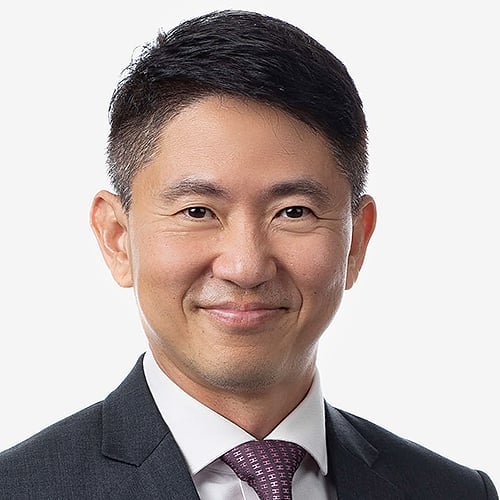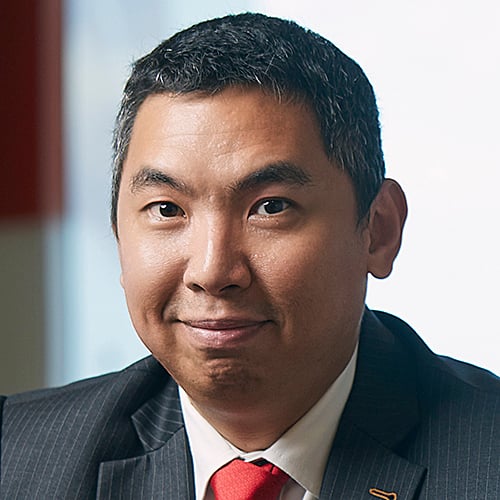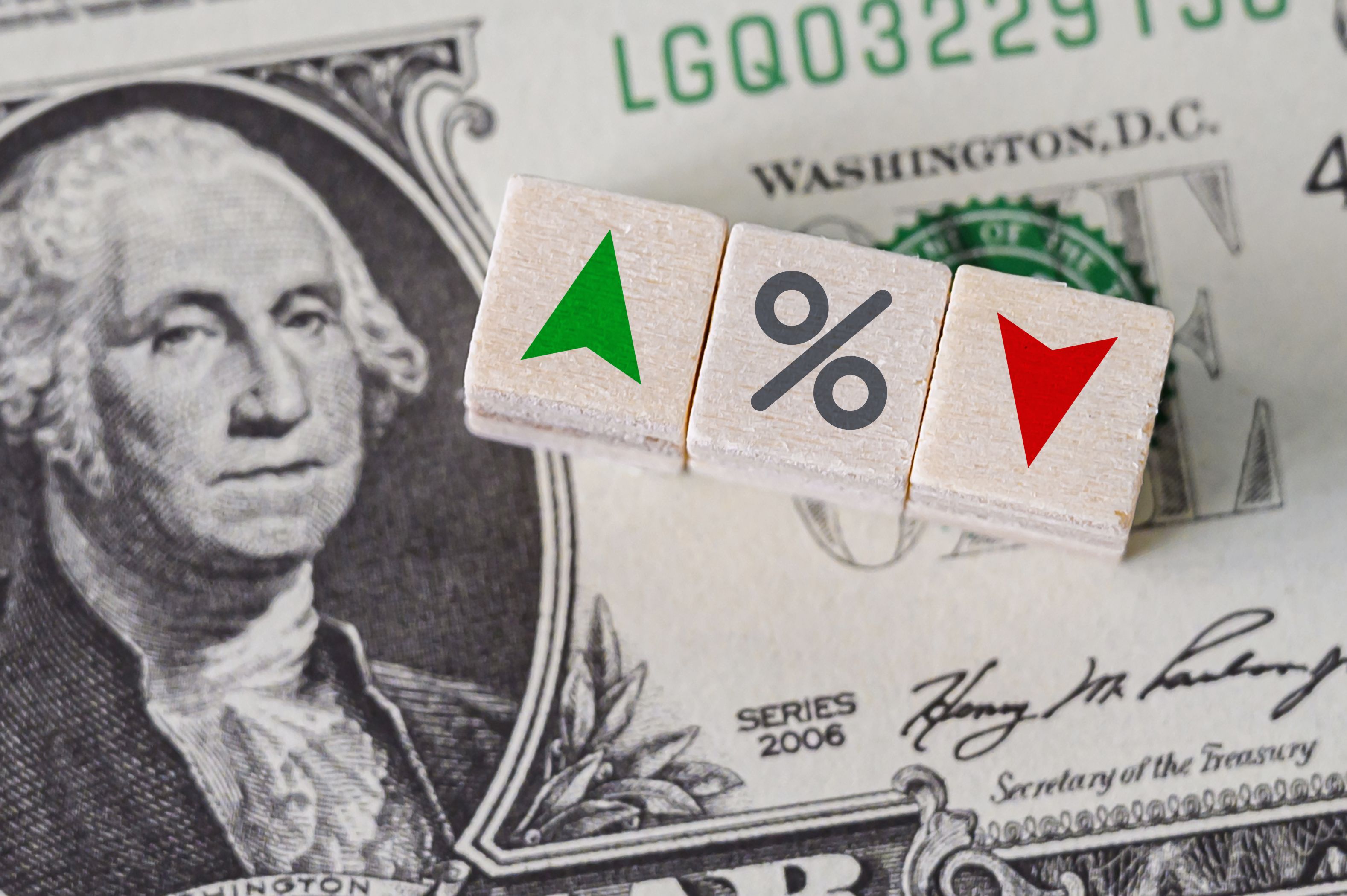 |
|
Lee Kuan Yew, the visionary leader who led Singapore's transformation from third world to first, died on March 23.
Inevitably, such a loss would raise questions about whether Singapore can retain its stature and position in the global marketplace.
This is especially so when the city-state is in the midst of a wrenching economic restructuring which aims to raise productivity and wean companies off low-cost labour. Corporate profitability has been dismal in recent years as unit labour cost has risen. The share of gross operating surplus to GDP is now at its lowest in 12 years, while the return on equity of the Singapore stock market has fallen to 10% in 2014 from a high of 16% in 2008.
Given this near-term economic backdrop, we have been generally cautious on Singapore dollar-denominated asset classes, including the currency, physical property market, and equities. Still, a determined population led by a new crop of talented leaders, coupled with Singapore strong macro fundamentals, will put it in good stead to ride through this period of economic adjustment and pain. In modern services - financial, information, scientific - Singapore retains a distinct comparative advantage. Even as electronics exports languished, services exports rose nearly 7% per annum between 2010 and 2014.
Some limited knee-jerk reaction in the Singapore equity and foreign exchange markets might be unavoidable. However, his legacy will be for this country to continue to thrive in years to come, with his passing having little lasting impact even after such a colossal loss to the nation.
Today, the Singapore Lee leaves behind ranks among the top five most competitive economies and a most livable city globally. In 2014, it leapfrogged several global cities to clinch the third spot in the PricewaterhouseCoopers's 'Cities of Opportunity' index, and boasts one of the world's highest GDP per capita, which at US$55,000 has grown about 100-fold since independence in 1965.
Lee became Singapore's first elected prime minister in 1959 and stepped down from his position in 1990, making him one of the 20th centuries' longest serving leaders. He won public support for a merger with Malaysia in 1963, believing at the time that it would offer security to an island lacking raw material reserves, inhibited by a small market and limited supplies of fresh water. But after the union broke up in 1965, the policies his government adopted proved that such limitations were no barrier to economic progress.
As Singapore embraced an outward-oriented growth strategy, among the few developing countries at that time to break away from the shackles of import-substitution, GDP growth rose nearly 8% per annum between 1965 and 1990. Lee helped carve out a role for Singapore, building on its historical trading port role to quickly establish its credential as a regional hub for logistics and transport, contract manufacturing, and later as a financial center and an intellectual buffer state.
Building on these foundations, Singapore is today the fourth-largest financial centre and the second busiest port globally. Its education system ranks among the best globally, and the country is a leader in the airline and airport industries, medical facilities and stem-cell research. Literacy rates have improved from 73% in 1965 to 96.7% in 2014, unemployment rates have fallen from 14% to 1.9%, and home ownership has leaped from 4% to 90.3% thanks to a world-class public housing programme which began in the 1960s.
Above all, Lee will be remembered for his political foresight. His legacy to Singapore is in establishing robust institutions that provide the basis for an 'operating system' that would continue to underpin the country's progress after his time.
Lee's succession planning also serves as a case study for other dominant political leaders or chief executives. He withdrew from office gradually and in his relative prime, handed over the premiership to Goh Chok Tong in 1990 while remaining as Senior Minister. In 2004, when Lee's son Lee Hsien Loong took over as prime minister, he became Minister Mentor. After retiring from the cabinet in 2011, he continued to serve as a confidant and advisor to many of his global political peers.
Min Lan Tan is the head of the investment office, APAC, UBS CIO Wealth Management Office









